KCCA PUTS SOCIAL INCLUSION AT THE HEART OF PROCUREMENT STRATEGIES
PUBLISHED — 6th, December 2024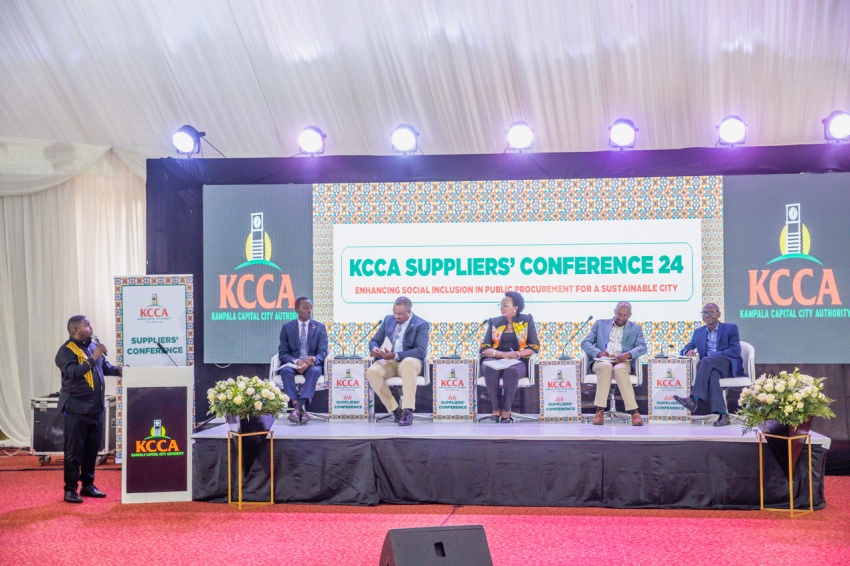
On a bright Friday morning at the Imperial Hotel Kampala, contractors, government officials, and stakeholders gathered for the Fourth Kampala Capital City Authority (KCCA) Suppliers’ Conference.
Under the theme, “Enhancing Social Inclusion in Public Procurement for a Sustainable City,” the event underscored the importance of procurement as a tool for equitable development and socio-economic transformation.
With various infrastructure projects shaping the city, the conference emphasized the need for inclusivity, local content prioritization, and collaboration to deliver a functional and sustainable Kampala.
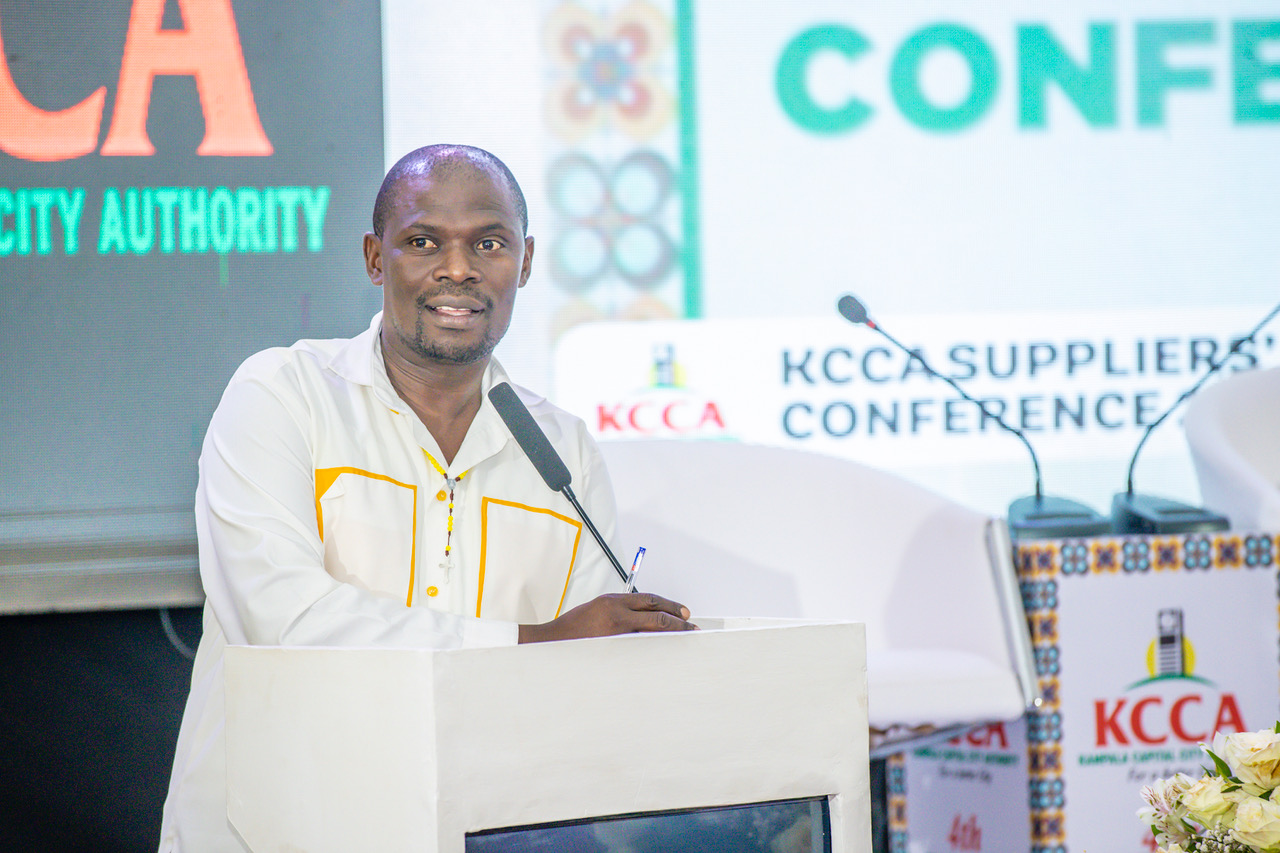
State Minister for Kampala Capital City and Metropolitan Affairs, Hon. Kabuye Kyofatogabye, opened the conference with a powerful message: procurement must empower the vulnerable.
“For every contract, we must build capacity, equip women and youth with skills, and empower vulnerable groups. This is not just about delivering projects; it’s about investing in the future of our people,” Kyofatogabye said.
He also urged contractors to prioritize quality and timeliness, warning against delays that cost the government dearly. “Delivering quality services on time is non-negotiable. We will not tolerate inefficiency.”
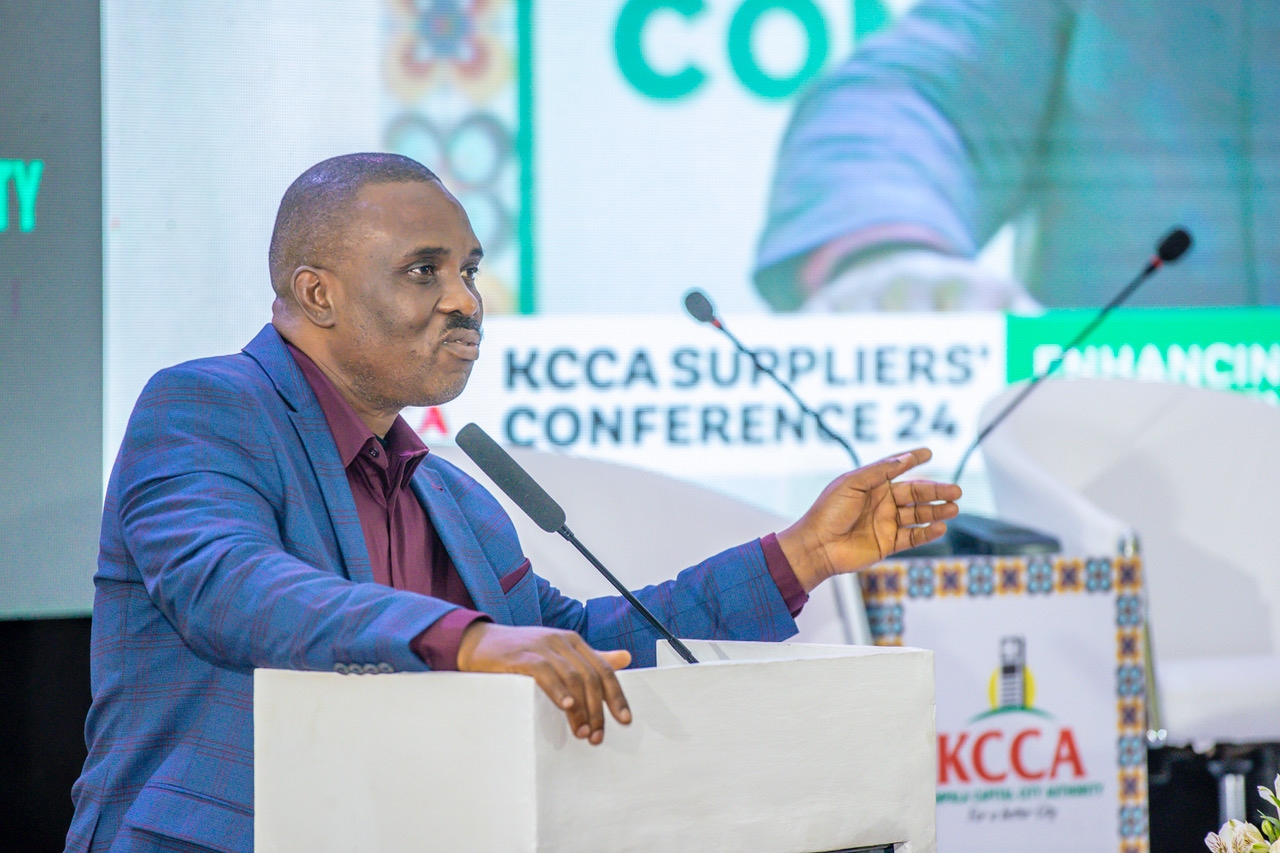
Lord Mayor Erias Lukwago echoed the minister’s sentiments, emphasizing the need for partnership between contractors and KCCA. “Let us be development partners. Together, we can deliver a functional city,” he said.
Lukwago encouraged contractors to persevere through challenges, especially payment delays, promising that the government would fulfill its financial obligations.
“Do not halt work because of delayed payments. Inject your money, and the government will always pay. Our shared priority is progress,” he stated, pointing to critical projects such as Ssuna Road and Port Bell Road that need to be expedited.
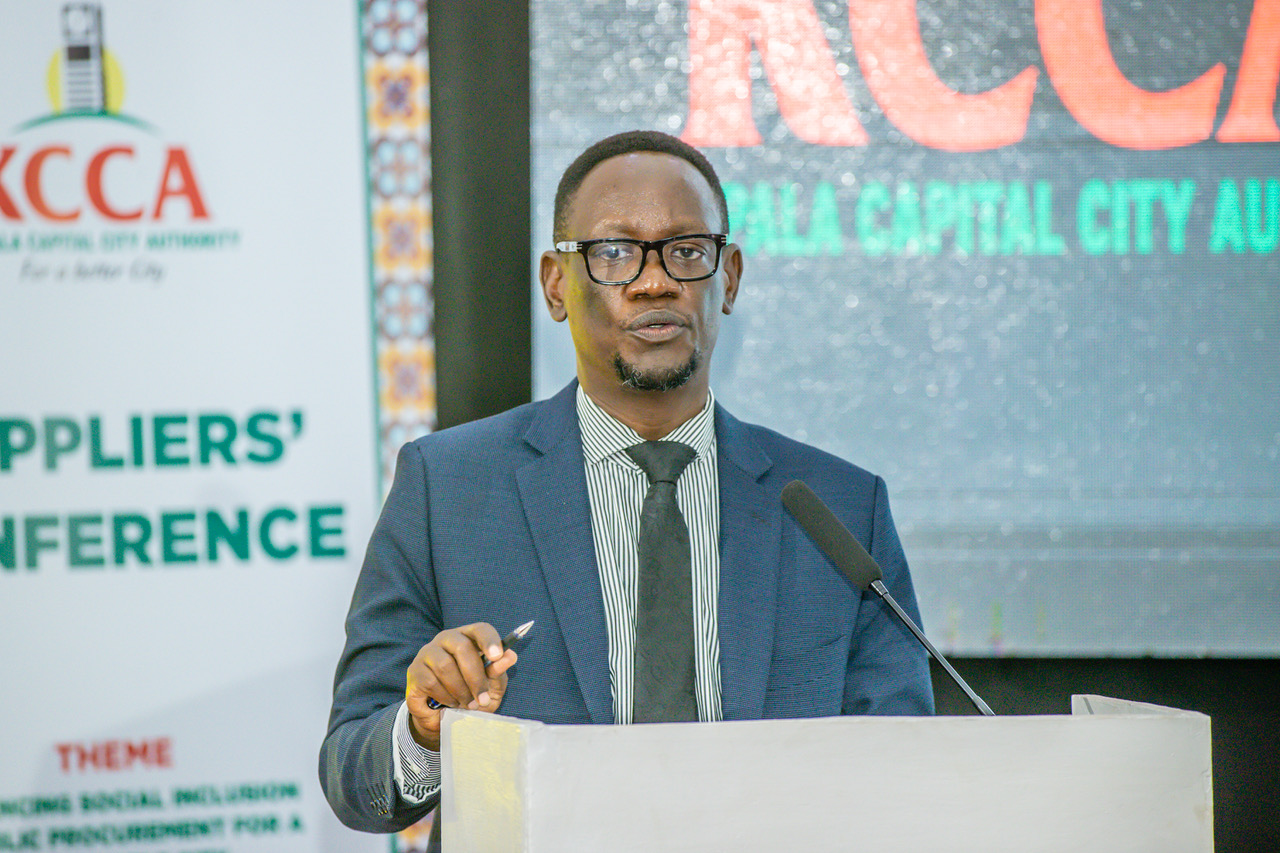
Procurement, according to KCCA’s Ag Executive Director Frank Rusa, is central to the authority’s vision of transforming Kampala into a sustainable and inclusive city.
“Procurement is not just about transactions; it is a strategic tool that can change lives. The theme of social inclusion must move from being a catchphrase to a practice. It’s about bringing more people into the circle of opportunity,” Rusa remarked.
He highlighted the importance of aligning procurement with the government’s socio-economic transformation agenda and prioritizing local content to maximize benefits for Ugandans.
“How we manage procurement determines the impact we have on our communities. It is the bridge to improving people’s lives, and we must be intentional in ensuring that every contract contributes to this mission,” he added.
The conference also offered a platform for contractors to share challenges and suggestions. Many applauded KCCA for its efforts to ensure inclusivity in procurement but emphasized the need for timely payments and better communication.
As the conference concluded, the message was clear: procurement is not just about roads and buildings; it is about empowering communities, creating jobs, and ensuring that no one is left behind.
News & Announcements
16th, December 2025
15th, December 2025
11th, December 2025
10th, December 2025
6th, December 2025
5th, December 2025
4th, December 2025
3rd, December 2025
2nd, December 2025
29th, November 2025


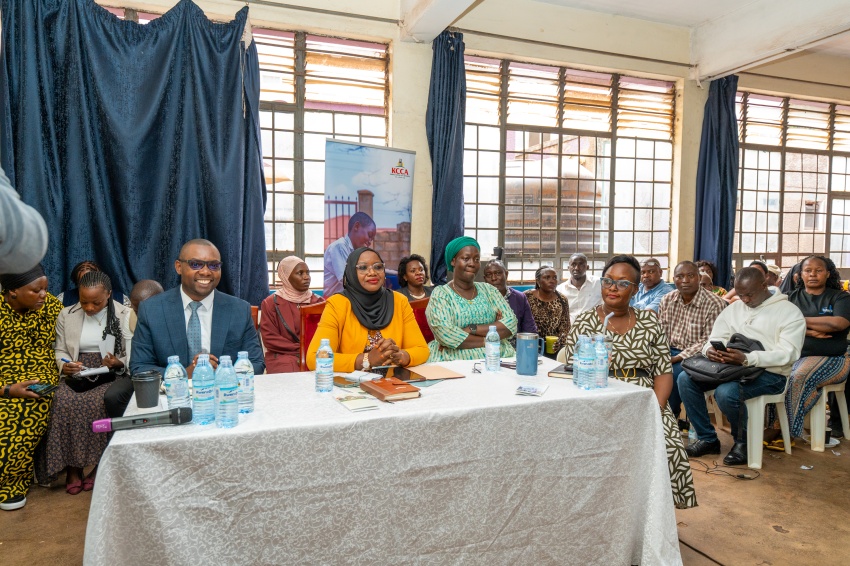
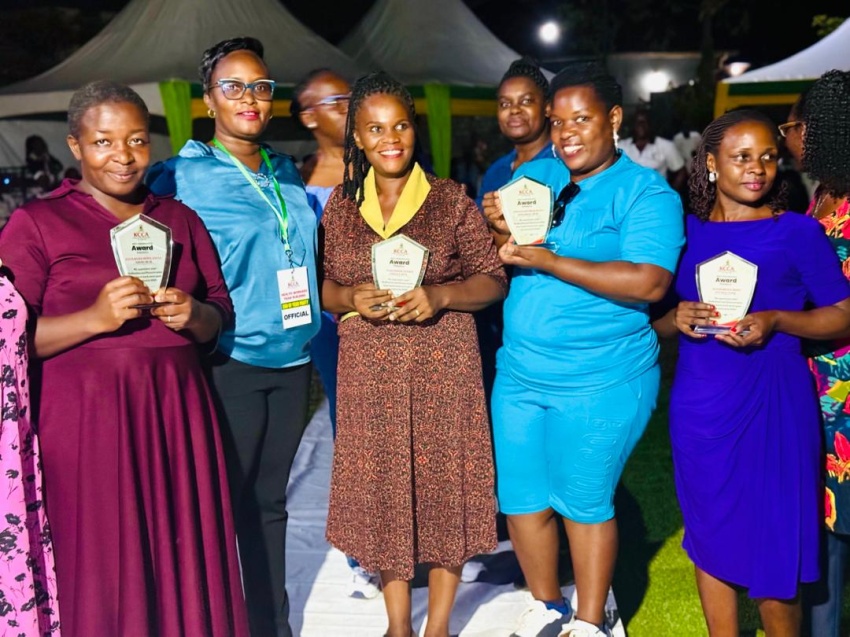
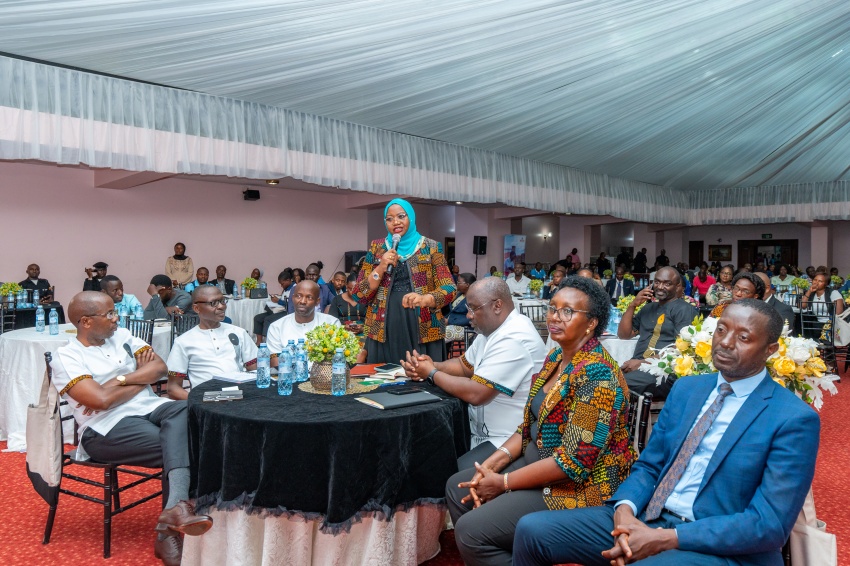


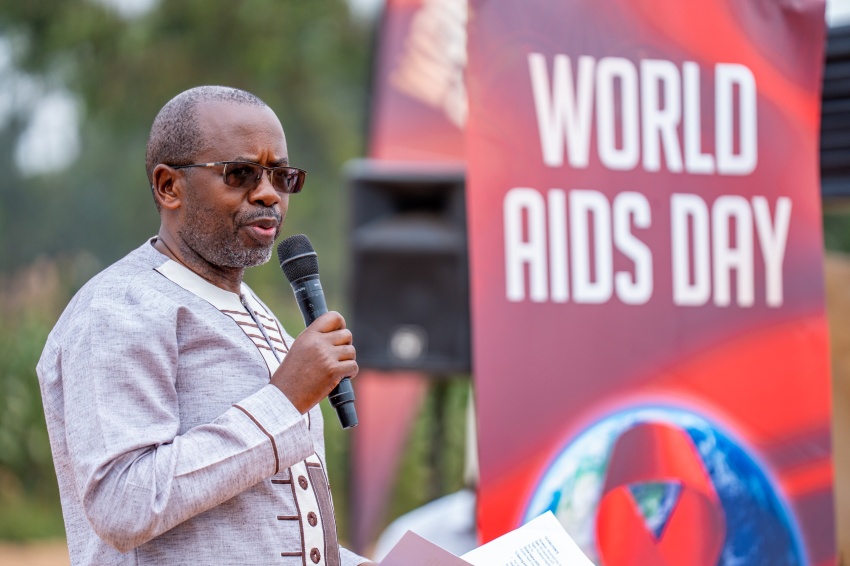
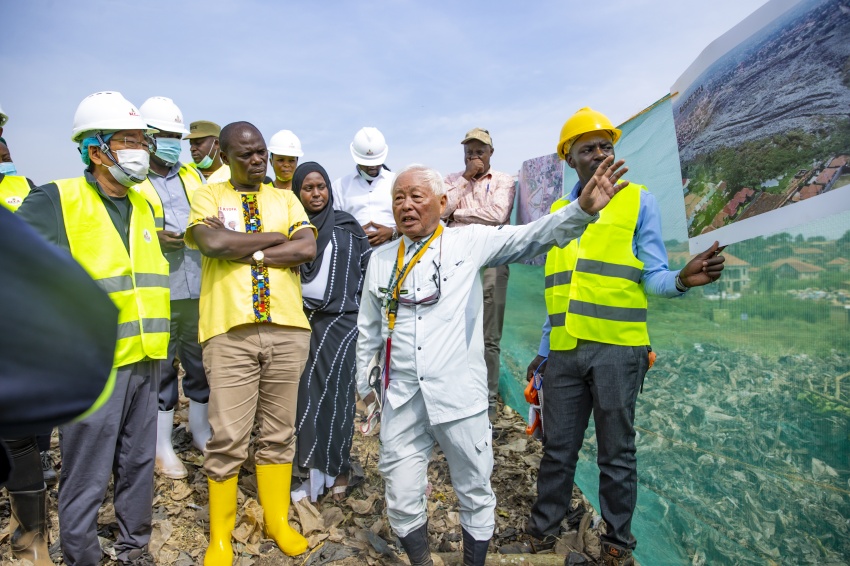
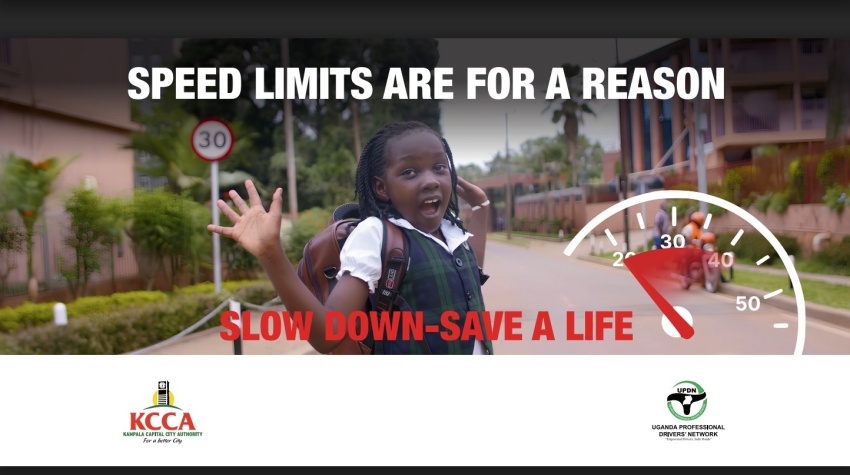
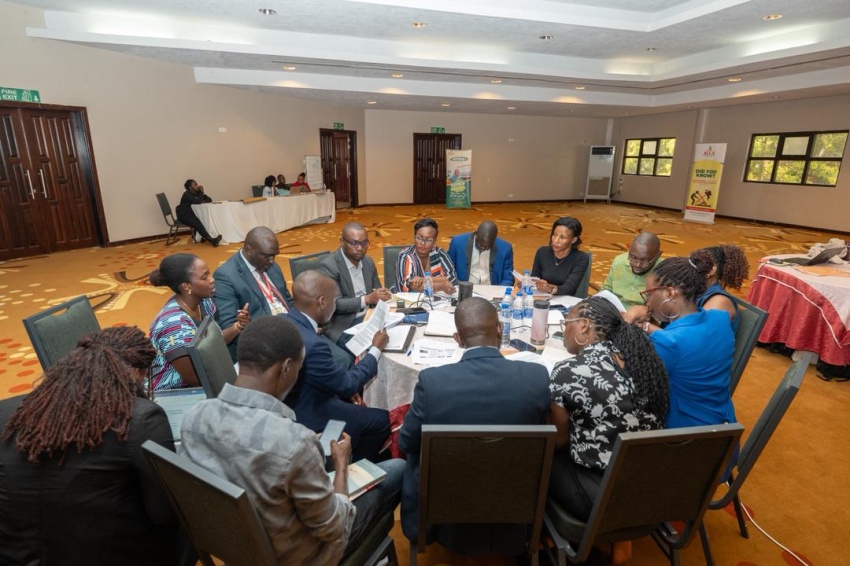










Development partners